Plastic waste: What are emerging economies doing to stem the tide?
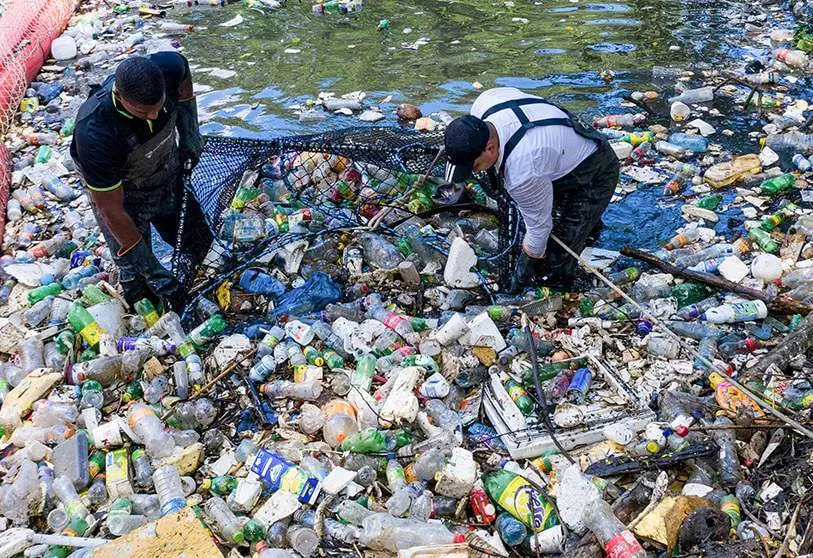
Plastic waste is prominent among the multiple, interlinked environmental challenges currently facing the world. Emerging markets have a significant role to play in addressing the issue, both as leading plastic consumers, and in that they are often disproportionately affected.
When it comes to climate change, the problem of the growing use of plastics is sometimes eclipsed by considerations related to fuel emissions. However, plastic production is on the rise, and will account for an increasingly large proportion of emissions going forward.
According to the International Energy Agency, petrochemicals – which are used to make plastic – will account for more than one-third of the growth in global oil demand between now and 2030, and nearly half of growth by 2050.
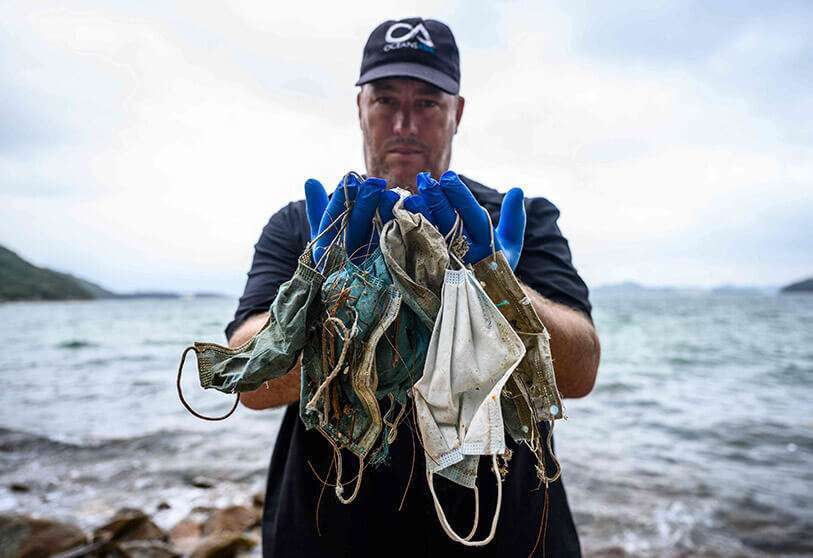
In this sense, a recent report from US-based environmental group Beyond Plastics argues that “plastic is the new coal”.
A concomitant issue is the proliferation of plastic waste, and the failure of countries to adequately dispose of it.
While developed nations generate the lion’s share of carbon emissions, responsibility for plastic waste is shared more evenly by developed and emerging economies alike.
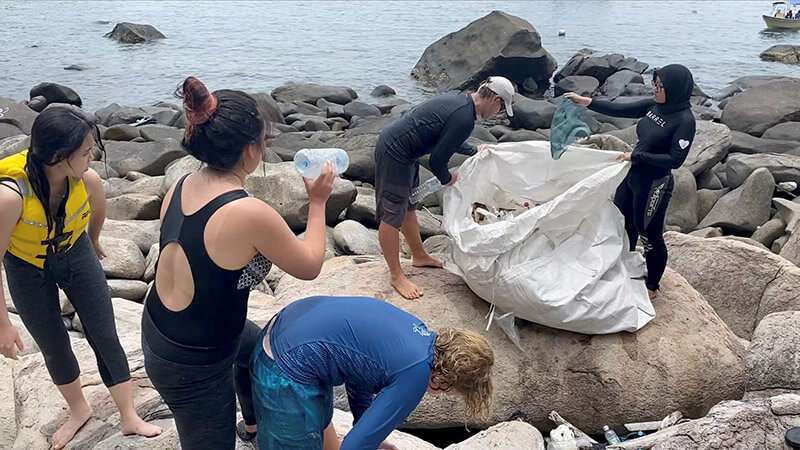
A 2018 World Bank study found that the US was responsible for 13% of plastic waste, China for 11% and India for 9%. Europe (including Russia) accounted for 20%, while Latin America as a whole generated 11%. The MENA region, meanwhile, accounted for around 6%.
Relatedly, in a recent ranking from the World Bank covering plastic waste generated per capita, Iceland occupied the number one spot, at 187kg per person annually, and the US came in second, at 98kg.
However, barring these exceptions, most of the ranking was populated by emerging nations.
For example, the UAE was 5th, at 70kg, while Saudi Arabia was 7th, at 61kg. Mexico, meanwhile, was 11th, at 50kg, followed by Argentina and Chile.
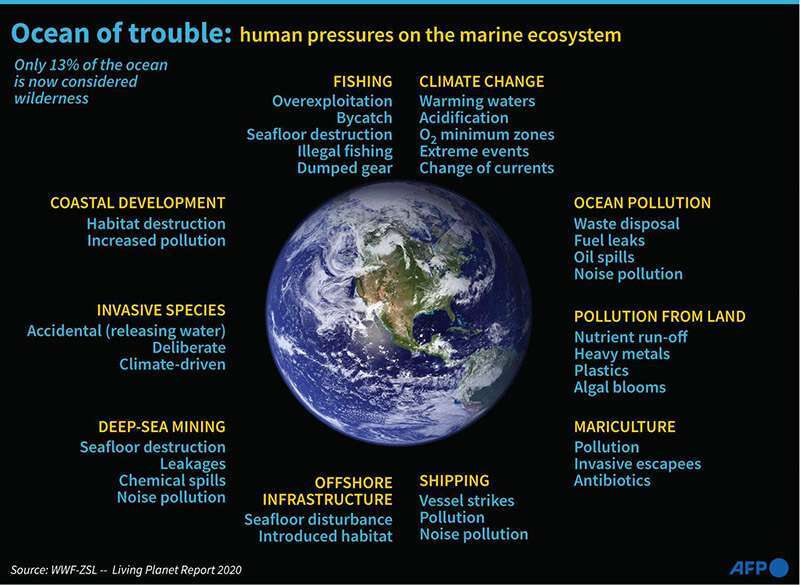
China and India were relatively far down the list, at 19kg and 17kg, respectively.
Emerging economies therefore have an important role to play in tackling the issue of plastic waste. Furthermore, such countries often bear the brunt of the damage it can cause.
For example, at the recent UN Climate Change Conference (COP26), Walter Roban, the deputy premier of Bermuda, observed that Bermuda’s coastline is being swamped by plastic. However, analysis shows that the vast majority of it comes from elsewhere, and particularly from the US.
Roban consequently urged the US and other larger nations to “aggressively address the issue of disposal of single-use plastics to solve what is a global ocean problem”.
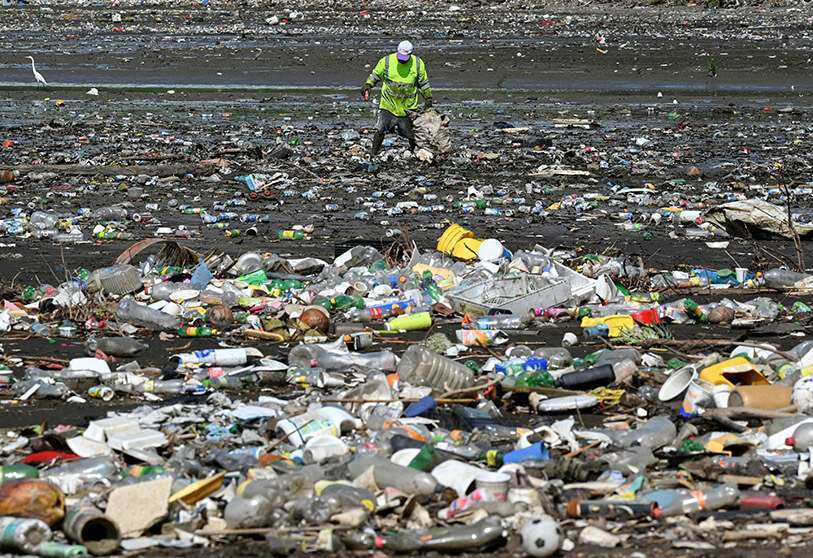
Bermuda itself is set to ban single-use plastics as of next year. In this, it will join a long and growing list of countries seeking to phase out such plastics. China, for example, banned thin plastic bags in 2008, and has since been joined by a number of emerging economies, above all in Africa.
As well as banning single-use plastics, different countries are developing initiatives to address the issue.
To take an example, one of the worst-affected regions in terms of plastic waste is South-east Asia.
In May this year ASEAN member states consequently launched a regional action plan to combat marine debris.
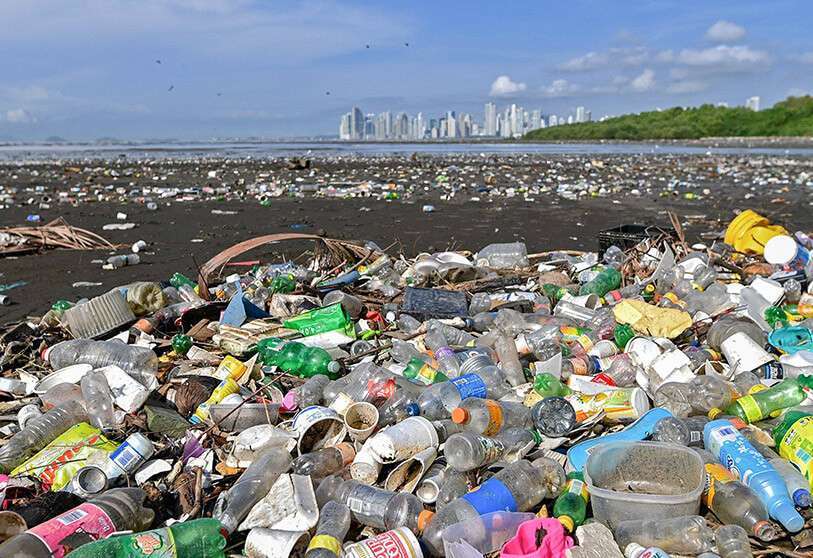
The plan aims to reduce plastic inputs into the system, enhance collection capabilities, minimise leakage and create value for waste reuse. It includes guidelines for countries to phase out single-use plastics, harmonise regional standards on recycling and plastics packaging, and strengthen regional measurement and monitoring of marine debris.
Another approach is to drive innovation in recycling.
In an emblematic example, also from South-east Asia, in 2018 Siam Cement Group (SCG) and Dow Thailand Group unveiled a 220-metre road made from recycled plastics, located inside the Rayong Industrial Estate.
To build it, plastic was collected and cleaned, and then crushed into smaller pieces before being mixed with asphalt. According to Chulalongkorn University's Faculty of Engineering, the recycled road is 15-30% more stable than asphalt concrete and, according to SCG, more resistant to water erosion.
Similarly innovative approaches are increasingly being rolled out around the world. However, more than increasing recycling, some argue that the key to addressing plastic waste is to reduce use and production.
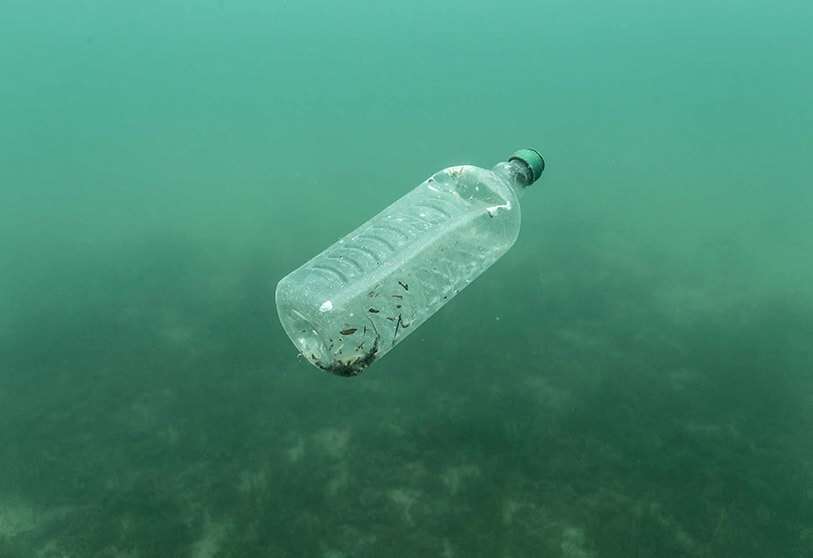
“Circular economy” principles are key to this.
A counterpoint to the “take, make and throw away” linear model, the circular economy denotes an economic system in which products and materials are kept in circulation for as long as possible. In designing things to be as durable, reusable and recyclable as possible, the model places a high importance on efficiency and ecological sustainability, and is underpinned by a shift towards renewable energy sources.
This philosophy has been gaining ground in several emerging regions. In Latin America and the Caribbean, for example, February saw the launch of the Regional Coalition on Circular Economy, an initiative led by the UN Environmental Programme, which aims to increase access to financing for sustainable projects.








